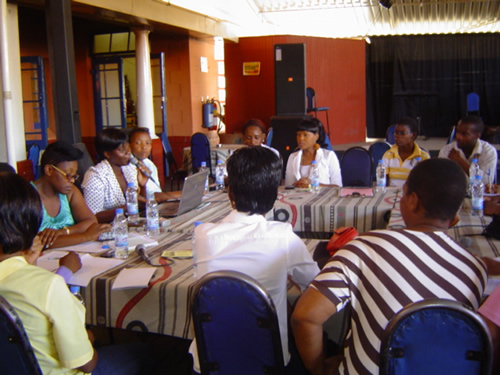Zimbabwe sport and racism
Thursday, January 17th, 2013 by Lenard Kamwendo“Only if a coach is to sit on a national selection panel then that person should have international experience, in terms of paragraph 2.2 of the directive”
This directive has infuriated a lot people especially those in the sporting fraternity particularly those who have ambitions to coach or sit on selection panels of national sports. This directive came from the Sports and Recreation Commission and has sucked in the Minister of Sports of Sports and Culture, Senator David Coltart.
The reason why the directive has been seen to be racist in nature is the fact that there are some sporting activities which here in Zimbabwe have been regarded to be for the minority and for the elite. This was due to the fact that it was very rare (and it is still) to see at swimming pool at a government school in Chitungwiza. I remember when I was in primary in my hometown Chitungwiza, there was only one school with a cricket pitch. Every Friday all primary schools in Chitungwiza would gather at St Aidan for a cricket knock out tournament.
Given such a scenario of scarce resources how would do you then expect to groom players who can play these kinds of sports at international level so that one day they can sit on the national selector’s panel? Should we keep on blaming the whites for making the sports elite especially after almost 33 years of independence?
The alleged row at Zimbabwe Cricket seems to have been sparked by the Minister’s directive and some black players who have been sitting on the Cricket Zimbabwe’s national selection panel feel the directive is targeted at them. By throwing in racist allegations these selectors are trying to play to the gallery so that they receive some political sympathy while covering up for the poor results. Regardless of color nobody wants to support losers and that’s the reason why the nation has supported Kirsty Coventry and the Black family without mentioning racism.
My suggestion to the SRC directive is for the government to invest in sports so that no sporting activity will be regarded to be for the minority or elite. Sports have become a source of livelihood and many dreams and aspirations have been to put halt because of lack of resources.










